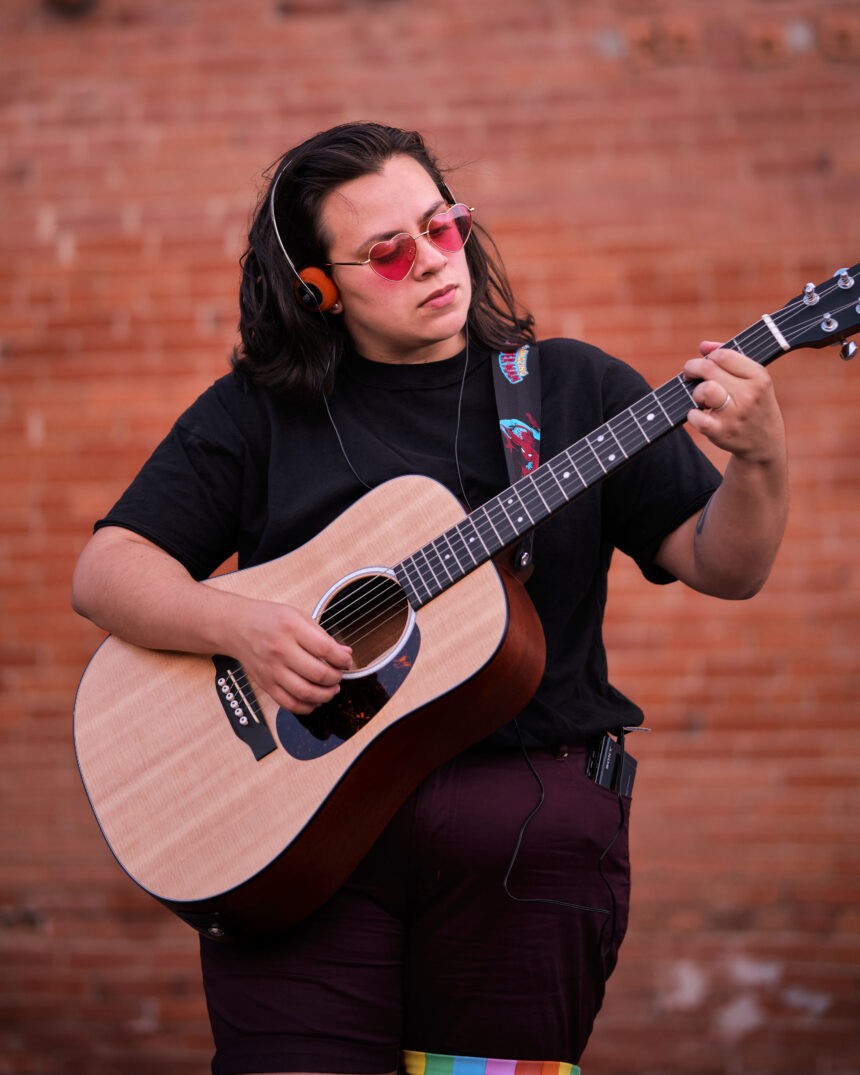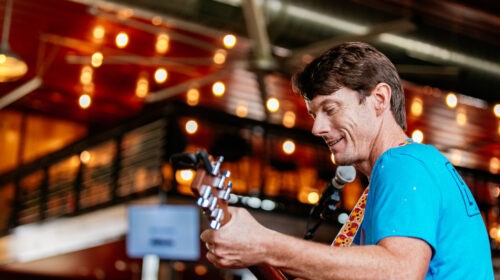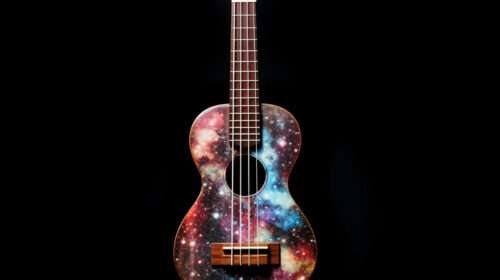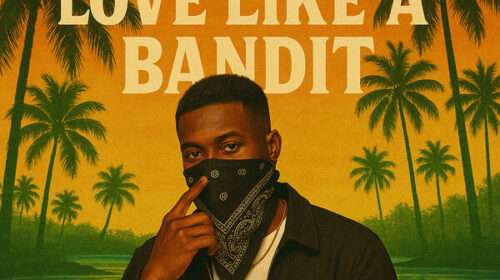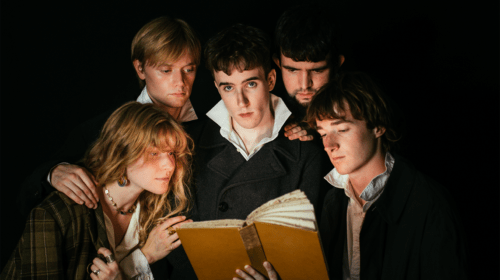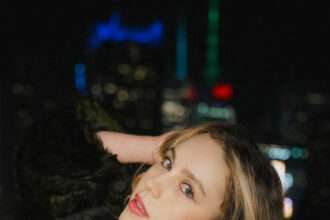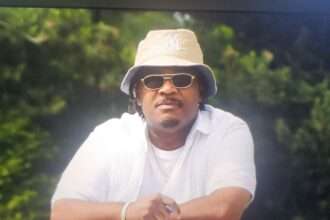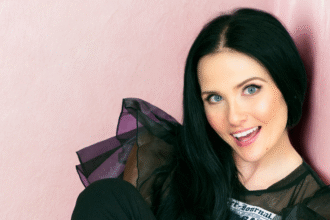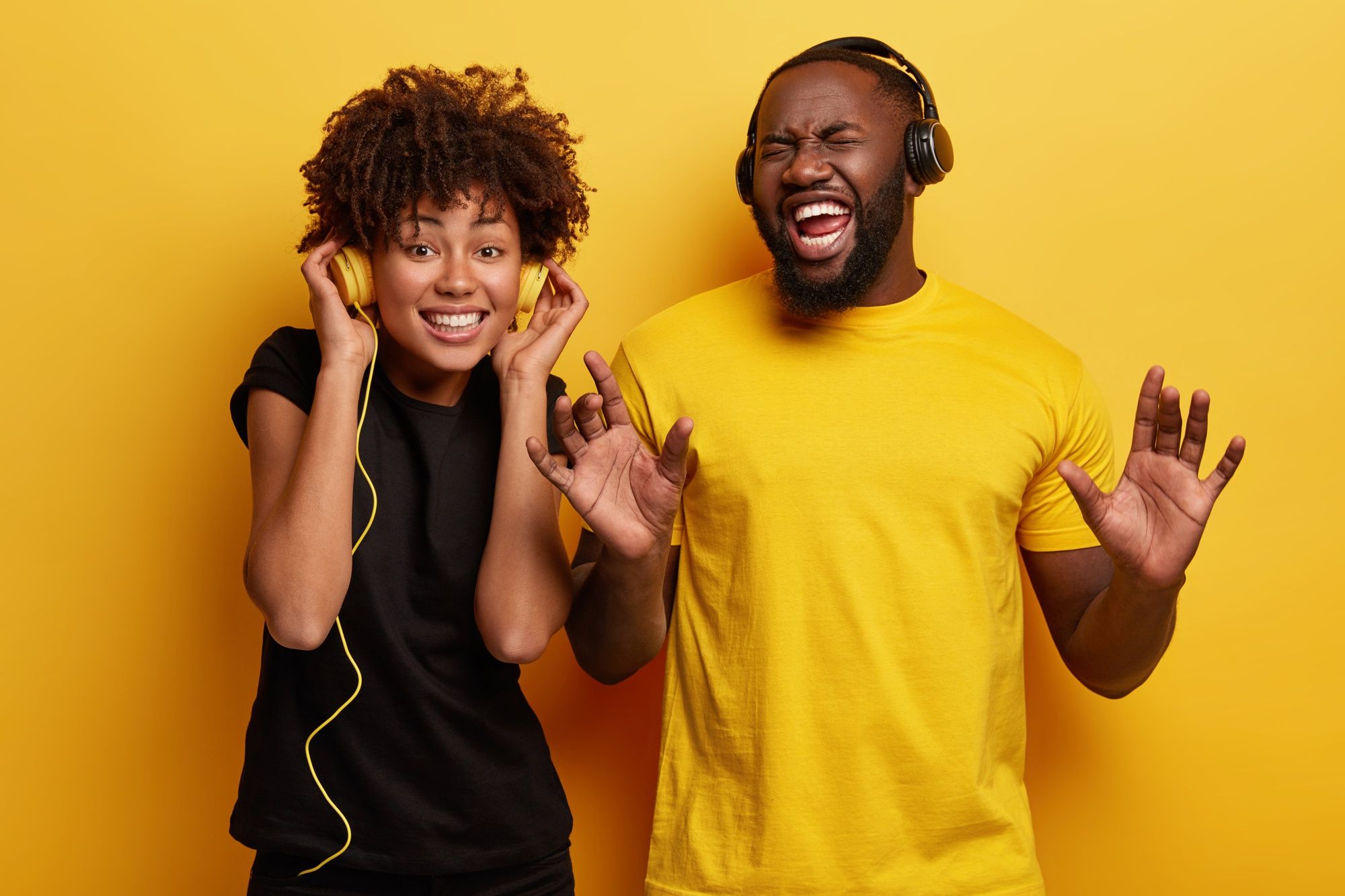Qori is a singer-songwriter whose journey into music is as heartfelt as her songs. Growing up surrounded by melodies, she began playing piano at the age of four and wrote her first song by ten, inspired by a TV romance. For Qori, music has always been a natural part of her identity, a way to express emotions and connect with others.
Her style is an eclectic blend of indie-pop with influences of bedroom pop and soft rock, reflecting her experiences as a queer woman of color. In this interview, she shares her creative process, challenges as an indie artist, and hopes for the future, including her upcoming album Optimism. Get ready to dive into the mind of an artist whose music tells stories we can all relate to.
Can you tell us about your journey as an indie musician? What inspired you to pursue a career in music?
I have been around music my entire life. I started playing the piano at the age of 4 and picked up the guitar at the age of 6. I used to compose my own songs on the piano when I was little, no lyrics, just an interpretation of what I was feeling. I wrote my first song at the age of 10 about a relationship I saw on TV and from then I didn’t stop writing.
I don’t think it was a specific moment that inspired me, but rather something that was always in me. I have always had a drive to create and tell a story or connect with people. My first album was a collection of the best songs that I had up to that point as well as my introduction to producing and recording at a semi-professional level. As I continued to my next album I developed my style and started playing larger venues and to larger crowds and learned to get over my fears of performing and sharing my art.
How would you describe your unique style and sound as an artist? What sets you apart from other musicians?
I always have a hard time labeling my style because it has taken many forms as it has come together. I like to say it is a mix between bedroom pop and indie soft rock, which could be simplified to “indie-pop” if people don’t pick up what I’m putting down. But, in reality, it goes deeper than that.
My music is a journey into my experience – my experience as a queer person, a woman, a person of color, etc. I like to make the listener feel the emotion of the song with the instruments, vocal inflections, strumming pattern, and key intensity as well as the lyrics. Every aspect has been carefully crafted with intention and I think all that is what sets me apart.
Could you share some of the biggest challenges you’ve faced as an indie musician and how you overcame them?
There have been a lot of obstacles on this journey. When I started, I lacked experience. Then as I gained experience, I lacked the money to fund equipment. Then when I saved some money, I lacked the time to commit to being a musician full time. I went to college for Electrical Engineering. While I was at school I was working on my first album, “Sound the Riot” and I used any extra money I had to record and put out that album.
I struggled with confidence and promoting myself, but none of that held a candle to the lack of time I would have to commit once I had a career in engineering. I had to learn to be grateful for the life I had and I had to learn to give myself grace for the amount of time it would take to put out new music of a quality that I would be proud of. I had to stop holding myself to deadlines and just commit to doing my best and loving my art.
What is your creative process like? How do you approach songwriting and composing music?
The inspiration for a song usually comes from a chord progression, a line I hummed, or a phrase that I can’t get out of my head. The “beginnings” of this are usually recorded on my phone, and then I mess around with the idea until I have a chorus or a verse. That is typically when I take it to my DAW and start recording a guide track with either piano or guitar. All my songs usually start as a ballad of sorts, and as I play it over and over, the composition starts to take form. I will hear the other instruments in my head, and then I will layer it all together.
Are there any particular themes or messages that you aim to convey through your music? What inspires your lyrics?
I have touched on a myriad of different topics with my songs from political turmoil to love to heartbreak to hot moms. The inspiration always comes from something I see or have experienced. Currently, I am working on my album “Optimism” which contains a series of songs that aren’t particularly happy, but contain a lesson or a piece of something I have learned about myself. The message here is that all these things came together to make who I am today, so it is important to stay optimistic through the ebbs and flows.
What are your long-term goals as an indie musician? Where do you see yourself and your music in the next few years?
I would like to play festivals or open for larger artists in other states or other countries and eventually headline. I aim to get there over the next few years. I am also starting a podcast with my drummer, Jasper, where we interview local musicians from different backgrounds and give them an opportunity to share their art and play an original song live.
A lot of times, musicians will play small venues or open mics to share their art, but never record anything because of the cost to get equipment and then learn how to use it or the cost of booking studio time. Recording live will give them a high-quality recording to share if they want to use it to promote themselves or just have a chance to get some more exposure.


